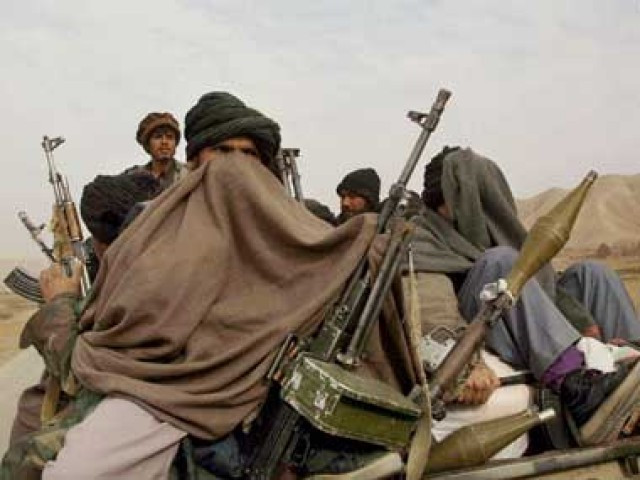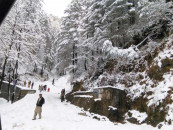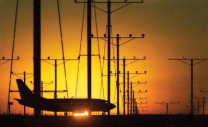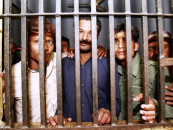UN recognises threats posed by Afghanistan-based terror outfits to Pakistan
Report acknowledges Pakistan's action against terrorism; says TTP responsible for more than 100 cross-border attacks

The United Nation has acknowledged the action taken by Pakistan government against individuals engaged in terrorist activities, adding that terror group Tehreek-e-Taliban Pakistan (TTP) was responsible for over "100 cross-border attacks within three months last year".
In its 24th report to the United Nation Security Council (UNSC), the UN monitoring team said that Pakistan has consistently highlighted the terrorism threat from TTP.
The report pointed out the arrests made in Pakistan of "individuals engaging in terrorism financing and the freezing of the assets of designated individuals and entities”.
Diplomats noted that the UN acknowledgement comes at a time when India continues to blame Pakistan for inaction against the designated groups.
Read More: TTP regroups with JuA, HuA in Afghanistan
Reporting on the activities of the TTP, the UN report showed its concern over the reunification of the splinter groups of TTP which took place in Afghanistan.
The report said that five entities pledged allegiance to TTP in July and August last year, including the Shehryar Mehsud group, Jamaatul Ahrar, Hizbul Ahrar, the Amjad Farooqi group and the Usman Saifullah group (formerly known as Lashkar-e-Jhangvi).
The report cautioned that the merger of TTP has enhanced the threat of terrorism in Pakistan and the region as it has increased the strength of the terrorist group.
“TTP was responsible for more than 100 cross-border attacks between July and October 2020," the report said and added that the terrorist groups fighting strength ranged between 2,500 and 6,000 militants.
Last year, Pakistan handed over a dossier to UN Secretary General Antonio Guterres on the Indian sponsorship of TTP and JuA.



















COMMENTS
Comments are moderated and generally will be posted if they are on-topic and not abusive.
For more information, please see our Comments FAQ